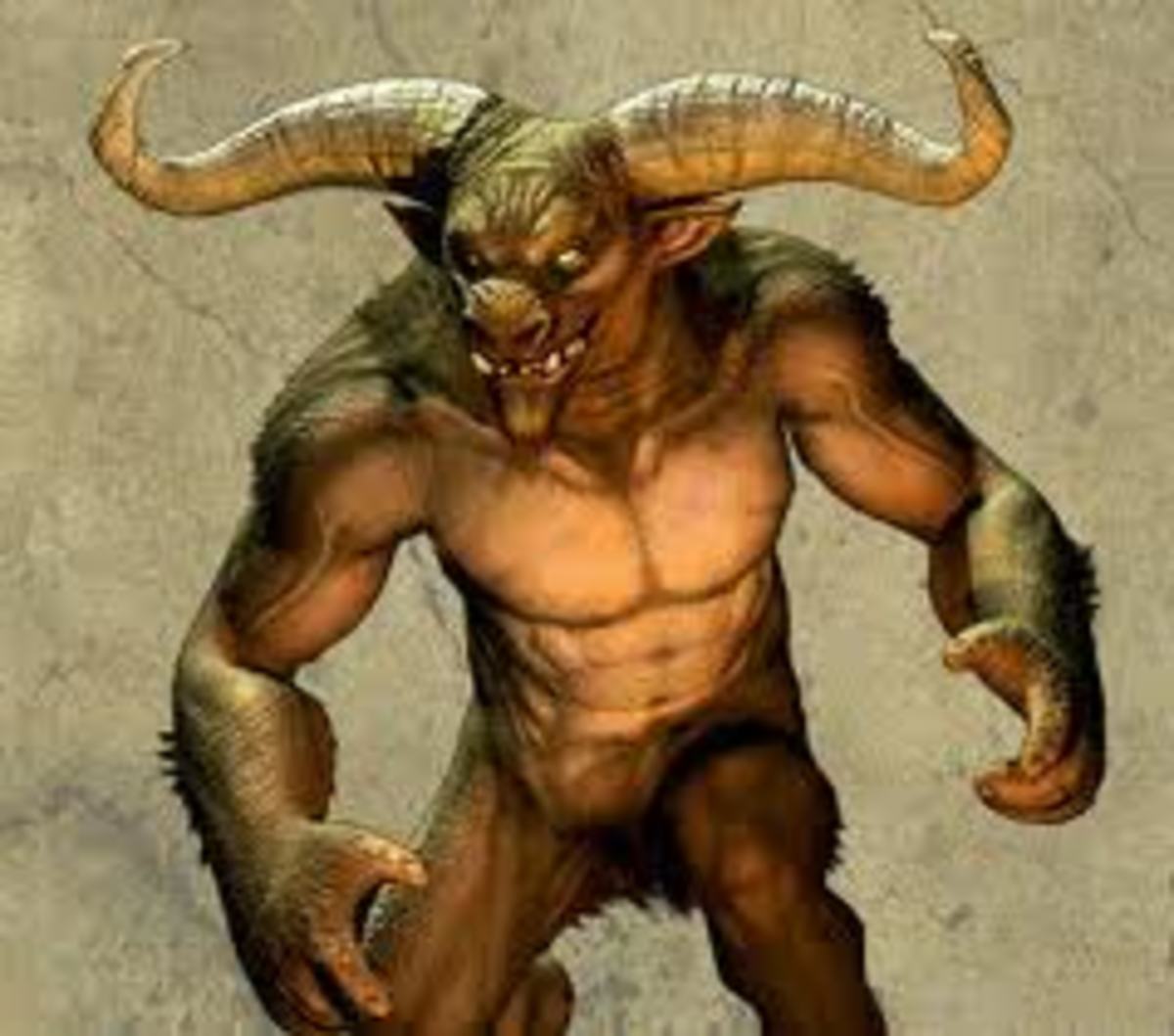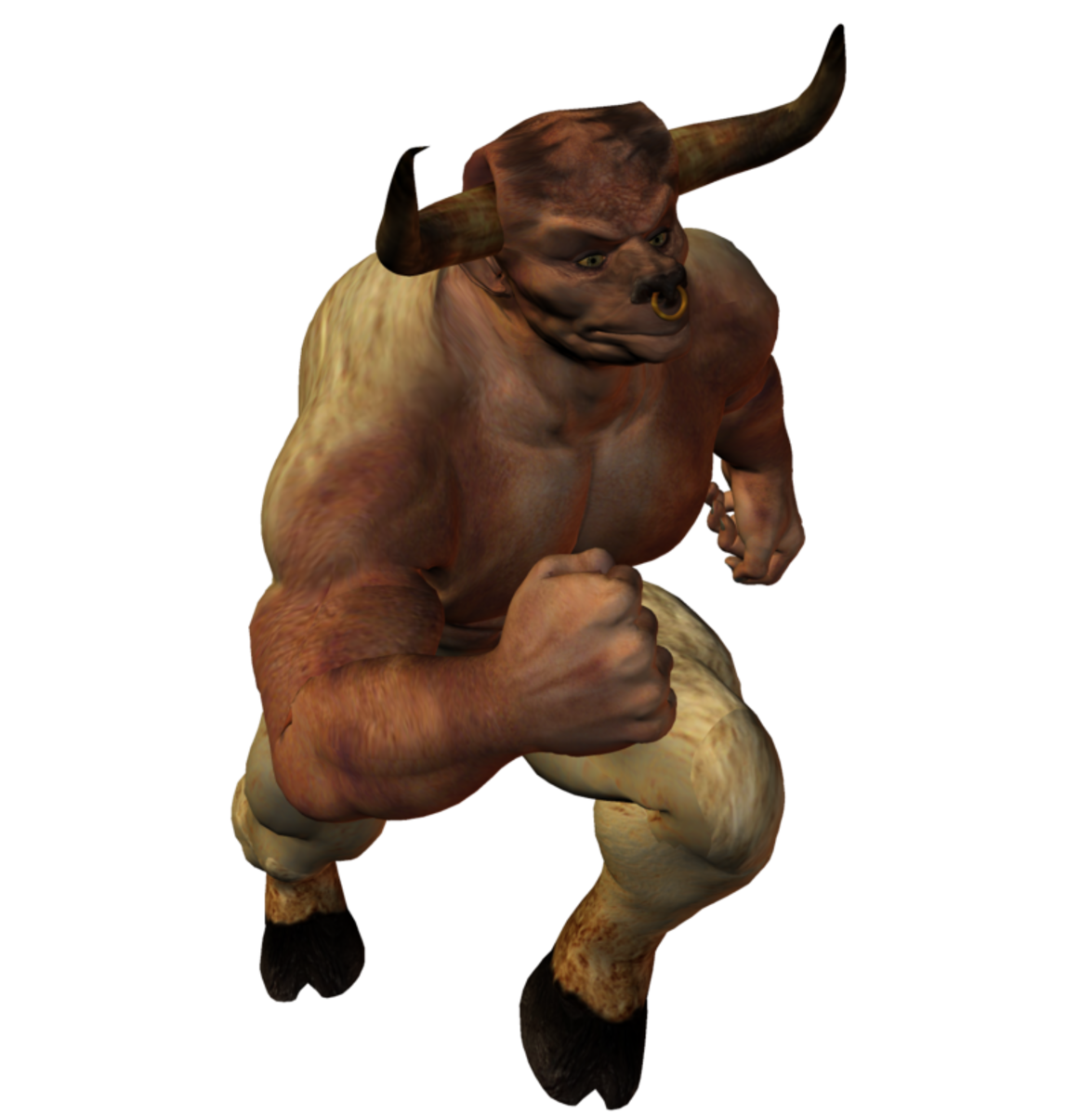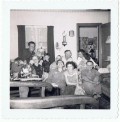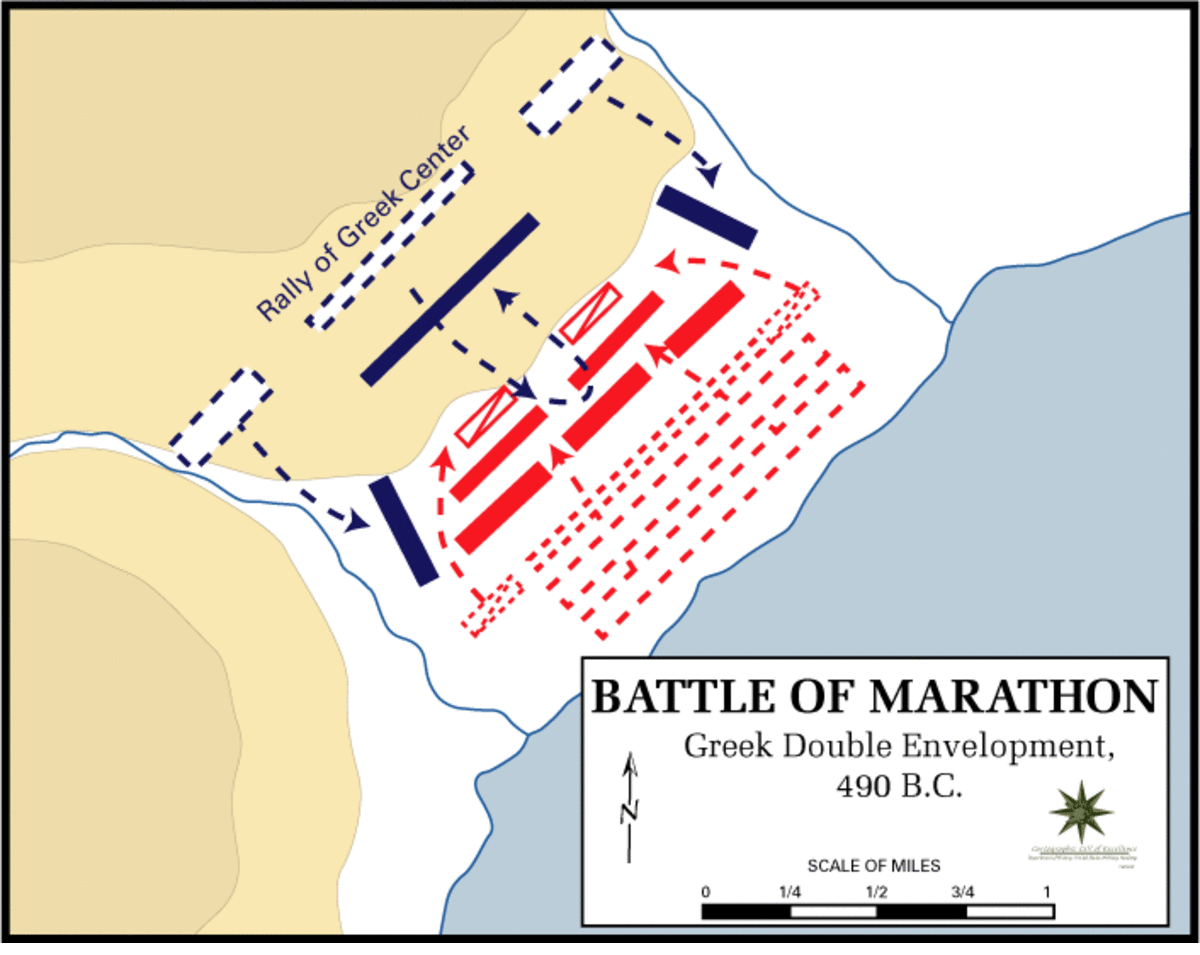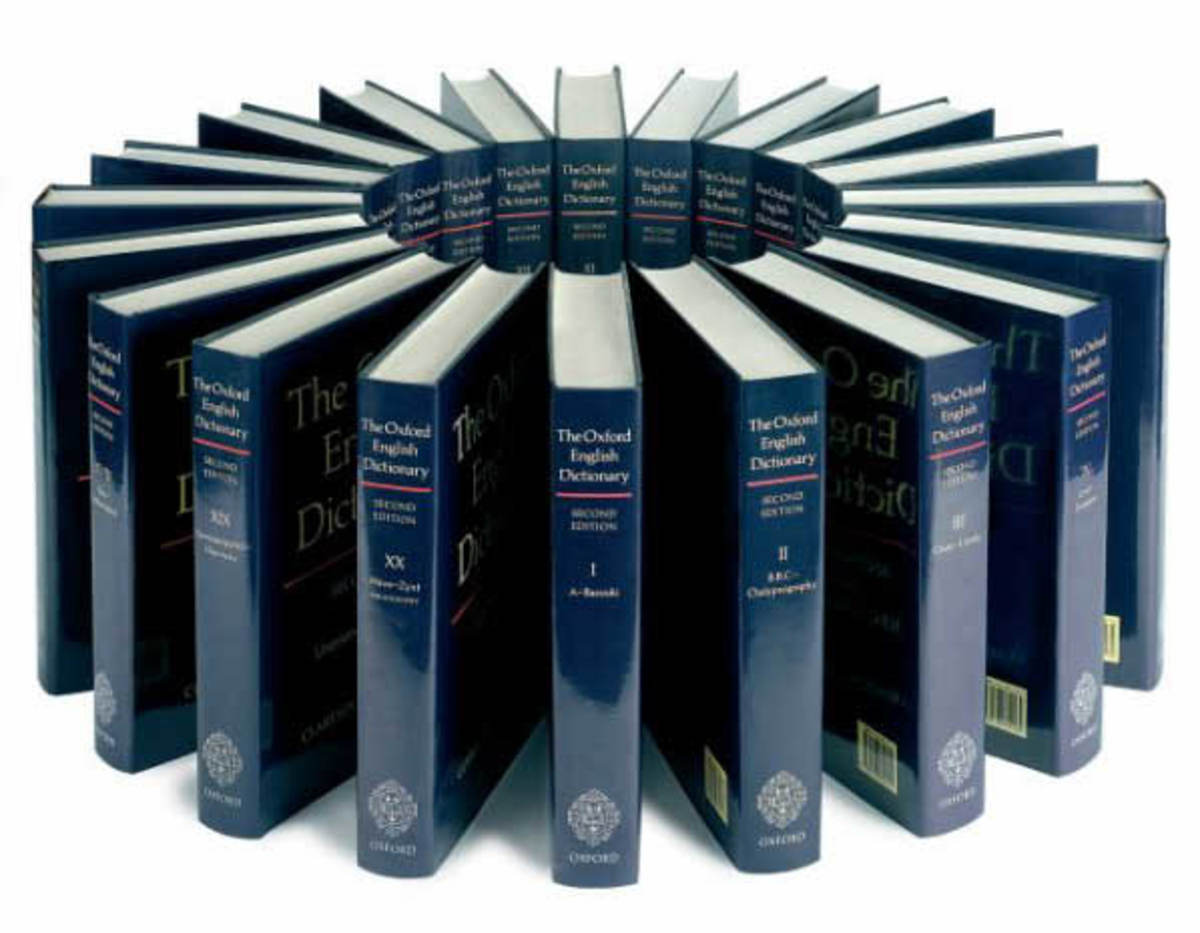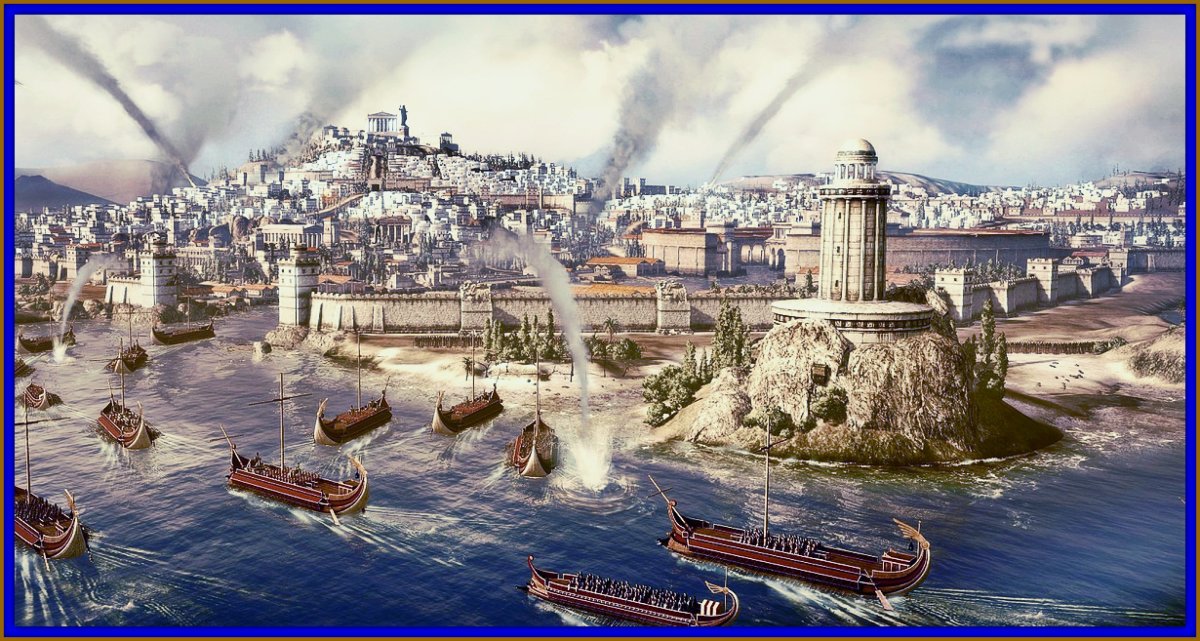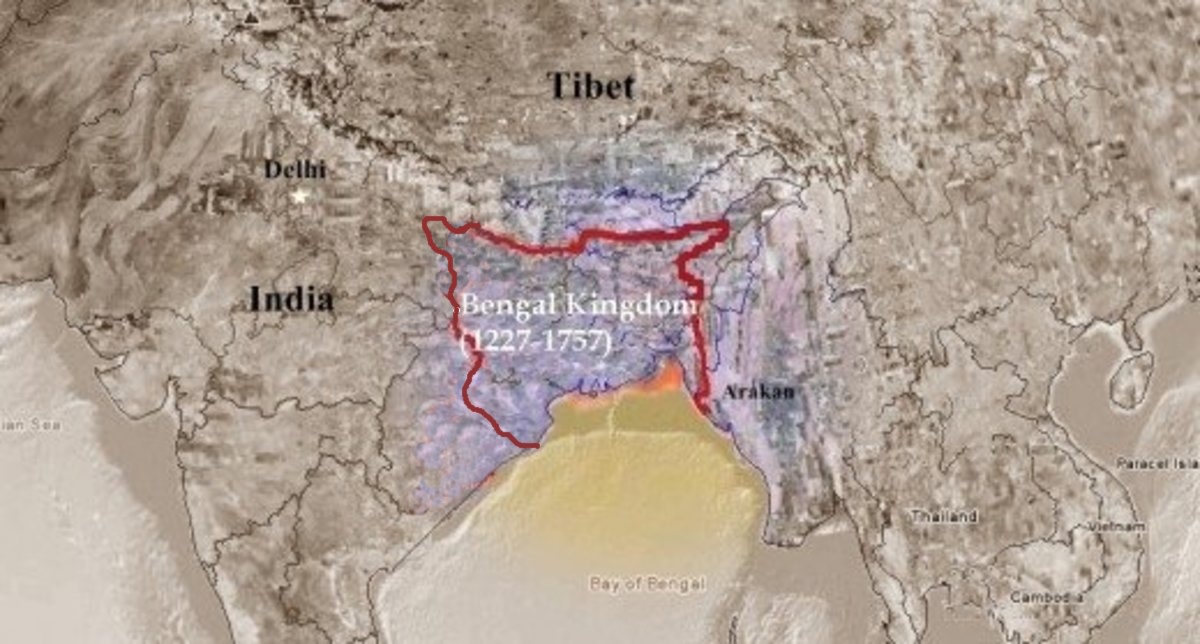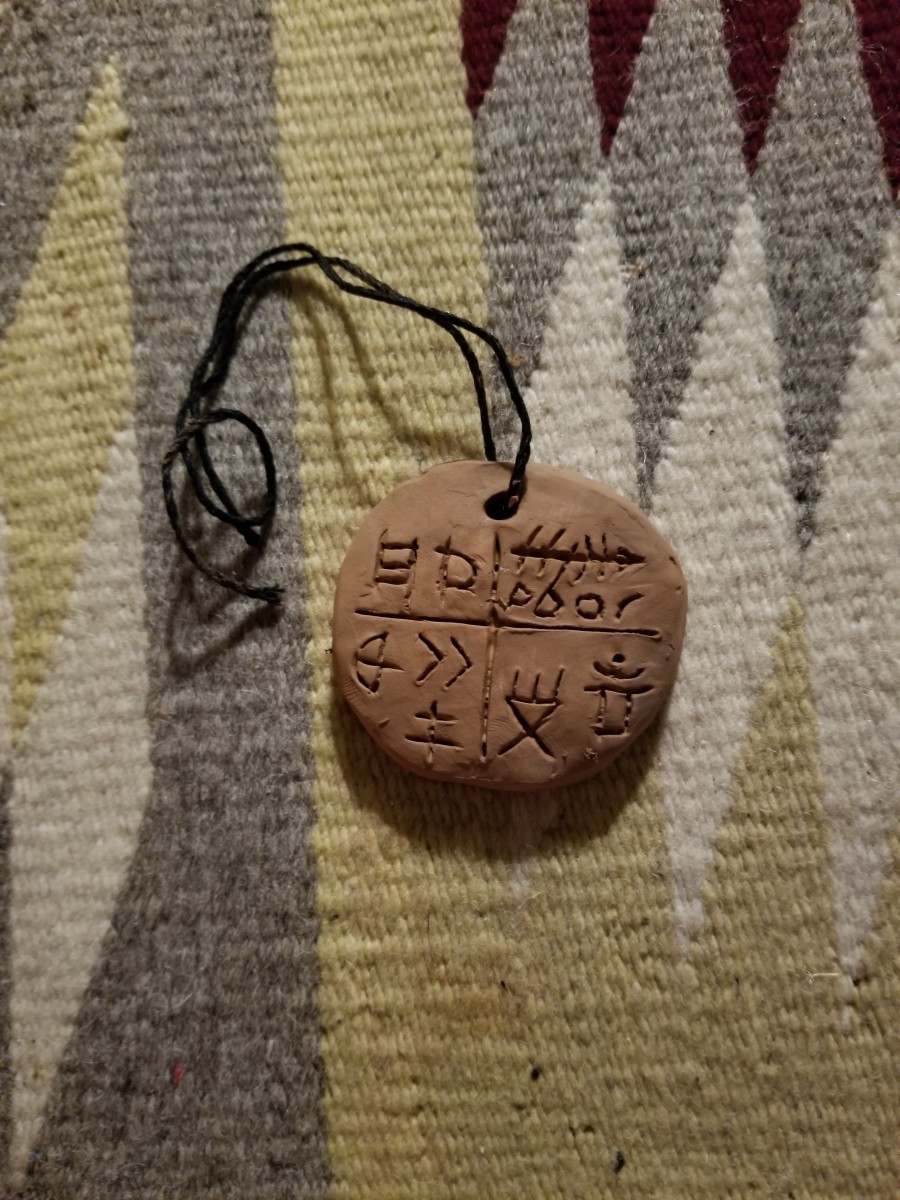The Murder of the Minotaur
This is a tragic tale, telling of blood and betrayal, of broken trust and cowardly abandonment and it started on the glittering island of Crete, Land of the Labyrinth.
The story of the Minotaur is the story of Ariadne, of her strange and dysfunctional family, of her monstrous brother, and of her suffering mother.
To speak of Ariadne is also to speak of the duplicitous Theseus, and of his obsession to murder the Minotaur.
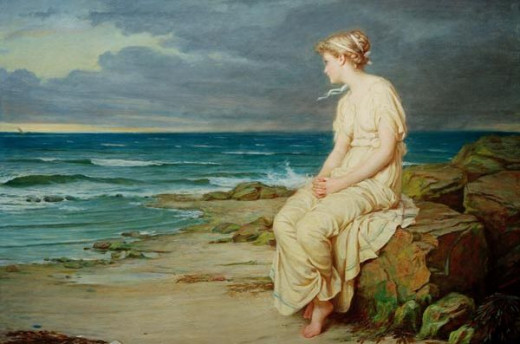
Ariadne's dysfunctional family
It all started with the infamous philandering ways of Zeus
When the willful and lusty old god spotted the beautiful Europa, he assumed the form of a bull and carried her off from the shores of Carthage, over the seas to Crete.
As a result of this abduction, Europa gave birth to a son, destined to be Minos, King of Crete.
Ariadne was the daughter of Pasiphae, wife to Minos.
Poor Pasiphae, wife to Minos
Poor Pasiphae was cruelly treated in a petty standoff about male vanity between her husband and Poseidon, Lord of the Sea
The sea-god had given Minos a beautiful white bull on the condition that it be sacrificed right back to him, but the king, overcome with greed, kept the animal.
Poseidon took revenge by causing Pasiphae to fall in love with the disputed bull and as a result she bore the Minotaur, a half-human, half-bull creature.
To hide this unfortunate outcome, Daedalus, the gifted engineer of the Bronze Age, built a huge maze of winding passages to house the child.
The white bull
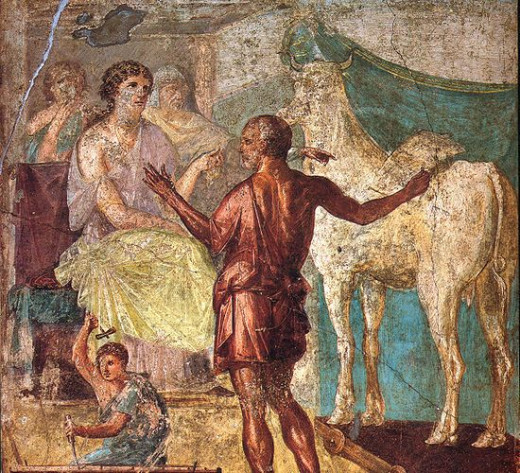

Half-man, Half-bull
What was the matter with the son of Pasiphae?
Surely he wasn't a half-man, half-bull, but obviously physically disabled in some way
In any case, he was banished to live in a tunnel complex underground, some type of maze to hide him from the world. Poor little boy!
It's no wonder he grew angry down there, abandoned, confused and alone.
Death in the Bull Run and Ritual Sacrifice
A tragic accident took the life of the youthful Androgeus, only son of Minos. The boy was killed while drunk, by a runaway bull in Athens. It was a sort of precursor to the ‘bull runs’ in Pamplona held today. There have always been foolish young men who indulge themselves with drunkenness and extreme high risk behaviour.
The wrathful king demanded tribute for his loss, tribute in suffering on the same scale, tribute in the form of seven young men and seven young women to be ritually sacrificed to the Minotaur each year.
The same scale? Ah, but the grief of a king is deeper than that of merchant or goatherd, and royal wrath requires great tribute to be appeased.
The Modern Bull Run
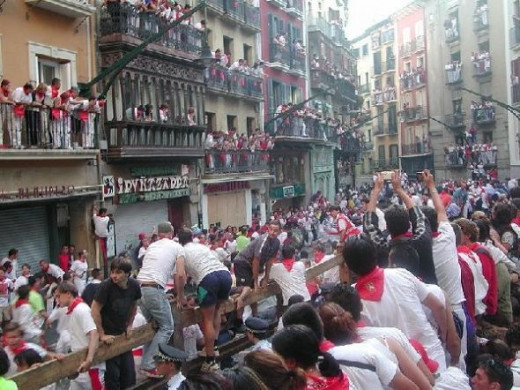
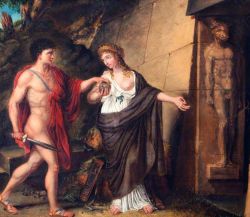
Theseus
Theseus was a king of ancient Athens who made his name by 'heroic' deeds in his youth.
He volunteered to be one of the youths sacrificed to appease the whim of Minos. Was he mad to volunteer? No, he had very good reasons and all of them were to do with his own ambition.
He set out to charm the sheltered Ariadne, and she fell in love with him. Turning her back on her family and the land that had nourished her, she resolved to help the pretty youth.
Down, down into the labyrinth
Down in the labyrinth, the long, winding corridors and half-hidden passages twisted into themselves back into the beginning, looped in and around to the lair of the Minotaur and turned back and around again.
The way out could never be found.
So Ariadne gave Theseus a long strand of thick thread from her weaving loom to unwind on his way in, and then to follow his path back out.
Down he went.
Murder of a Minotaur
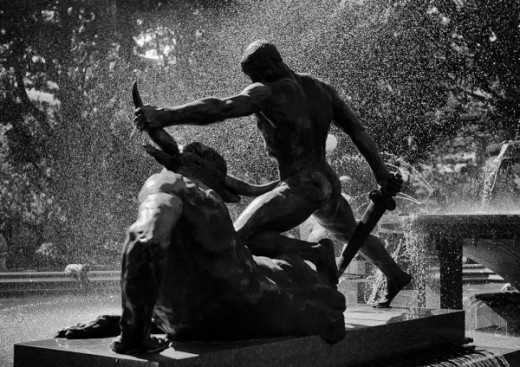
Theseus the 'Hero'
Theseus killed the creature, this poor pathetic monstrous brother of Ariadne, and returned, in triumph, to the surface.
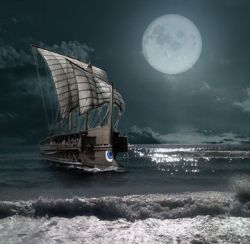
Theseus and Ariadne sail away
Theseus had promised to marry Ariadne in exchange for her help, and together they sailed away to Athens.
Along the way, the ship stopped for fresh water on the island of Naxos and Theseus persuaded the very heavily pregnant Ariadne to rest beneath some shade trees.
When she awoke he was gone.
The ship had set sail without her, leaving her alone on the island – broken hearted and far from home.
Theseus returns to Athens
After cruelly abandoning Ariadne, Theseus continued on his way to Athens.
His desertion of the pregnant girl was just one calculated deed, he had bigger things on his mind, another piece of business to settle.
His father, KIng Aegeus, was desperately awaiting news of his beloved son. He had told Theseus that if the Minotaur had been killed, he was to raise a white sail on his ship upon returning to Athens. However if the Minotaur had triumphed, the ship's crew were to raise a black sail.
Theseus craftily flew a black sail as he returned.
Aegeus, in his grief, threw himself from the cliff at Cape Sounion into the Aegean, making Theseus the new king of Athens and giving the sea its name.
What do you think?
Was Theseus a Hero?
Theseus comes out triumphant
Heroes are not always heroic but, in the Bronze Age, it was the outcome that mattered, not the deeds that would lead to it.
Theseus achieved his ambition. He slaughtered the Minotaur and became King of Athens.
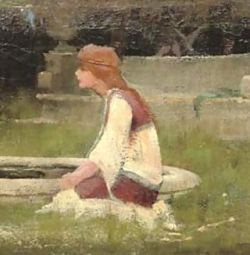
But what happened to Ariadne?
Sometimes it is said that the god Dionysus heard Ariadne weeping and, taking pity on her youth and beauty, swept her up into the heavens, where the constellation of Corona is her crown.
But others say she died there, alone on the Island of Naxos, fruitlessly calling on her family for forgiveness
A sorrowful story indeed.
A Story from Mythology
The story of the Minotaur and the devious machinations of Theseus are myths. Of course they are.
But myths are not just stories, myths are metaphors. If you read a myth literally you will miss the point. You will miss its higher truth.
Mythological narratives may or may not be based in fact. But that's not really important. Tales of gods and monsters may seem as fairy tale to us, but they shaped the world of our ancestors and they shape the world we live in today.
By looking at these ancient myths and legends, we can walk in the shoes (sandals?) of people long gone, for the stories set out rules for the customs and ideals of ancient societies.
Our Greek Legacy

© 2014 Susanna Duffy

